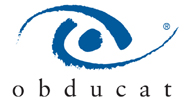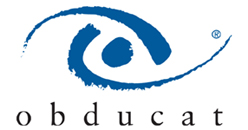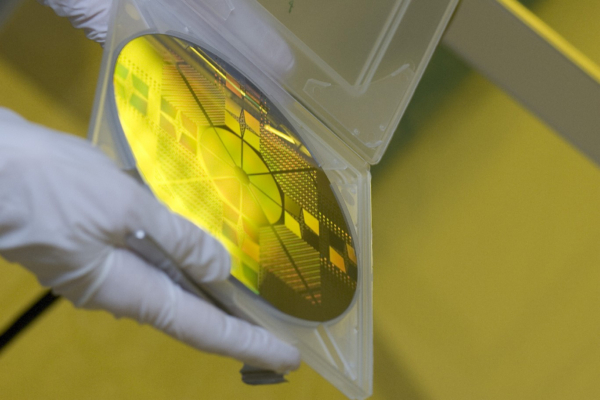Research & Development
Obducat’s has a long history of developing cutting edge technologies. Innovation is at the core of Obducat’s research and development activities. This innovative approach has led to the creation of a patent portfolio covering more than 200 cases.
To see is to believe
Our development teams continuously develop and improve our technologies to be applied within new application areas. In our cleanroom facilities we work together with our customers to enable proof-of-concept as well as validation of the performance of our technologies and products.
Market driven innovation and customer partnerships
Our innovation activities are based on market needs. Decision on focus areas are made based on an internal assessment of the fit between the market demands and the inherent capabilities in our technology platforms. Together with our customers we build partnerships where technologies, processes, risks and knowledge are shared. Development projects are performed in close collaboration with customers from all over the world. Our customers’ success is our number one priority.
Obducat offers complete customer development projects. The service includes the required machines, processes as well as development resources. It allows the customer to do early tests and to quicker bridge the gap between the development phase and the integration of machines and tools into the final production line.
Funded projects
Obducat is a much-appreciated partner within the publicly funded research community. Listed below is the currently ongoing funded research projects. Follow the links to learn more about them
ARCIGS-M aims at the development of ultra-thin, highly efficient solar cells intended for the construction industry. The goal is a significant cost reduction through reduced material consumption and a simultaneous increase in efficiency in the solar cell.
NARCISO proposes to exploit the natural instability of thin solid films to form complex patterns and nano-architectures based on semiconductor materials. Methods and structures will be optimized towards their exploitation in two main domains of application: 1) photonic devices (e.g. anti-reflection coatings, colour-filters, random lasers, quantum emitters) and 2) micro-fluidic devices for bio/chemical sensing and water filtering.
Biobarriers is a collaboration between the Research Center for Biointerfaces, Malmö University and 13 companies to try to find solutions that facilitates the development of new and competitive products aimed at health and healing. The goal is to develop a “toolbox” to enable the development of sustainable local formulations for wound healing, prevent the development of broken barriers and explore and regulate the bacterial flora on skin and mucous membranes etc.
“High-performance cost-effective photoelectric biosuper capacitors with reproducible production on an industrial scale” is a collaboration with Malmö University, Kemet Electronics AB and Obducat. The purpose of the project is to realize the very first bio-solar panel with the goal of replacing complex and inefficient solar cells with simple and efficient biosol cell systems.



